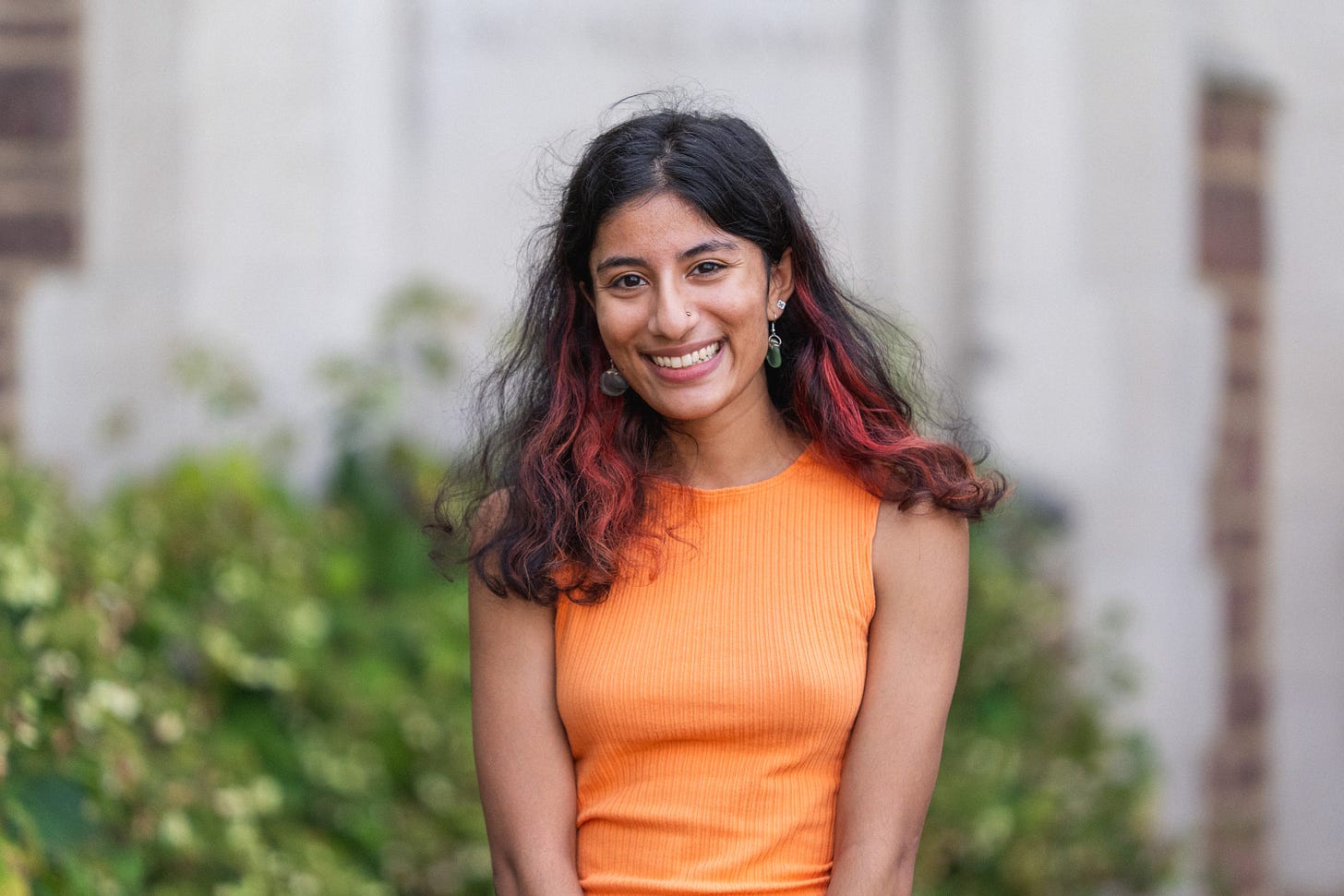On Saturday afternoon, I realized I did not know my Dadu’s name, the one on Baba’s side. I knew my Amma’s name, Maya, but drew a blank for Dadu, so I texted my father asking. He misspelled his own father’s name twice before getting it right: Hemendranarayan Chakrabarti.
I went my whole life without knowing this information. I learned it only a month befo…



